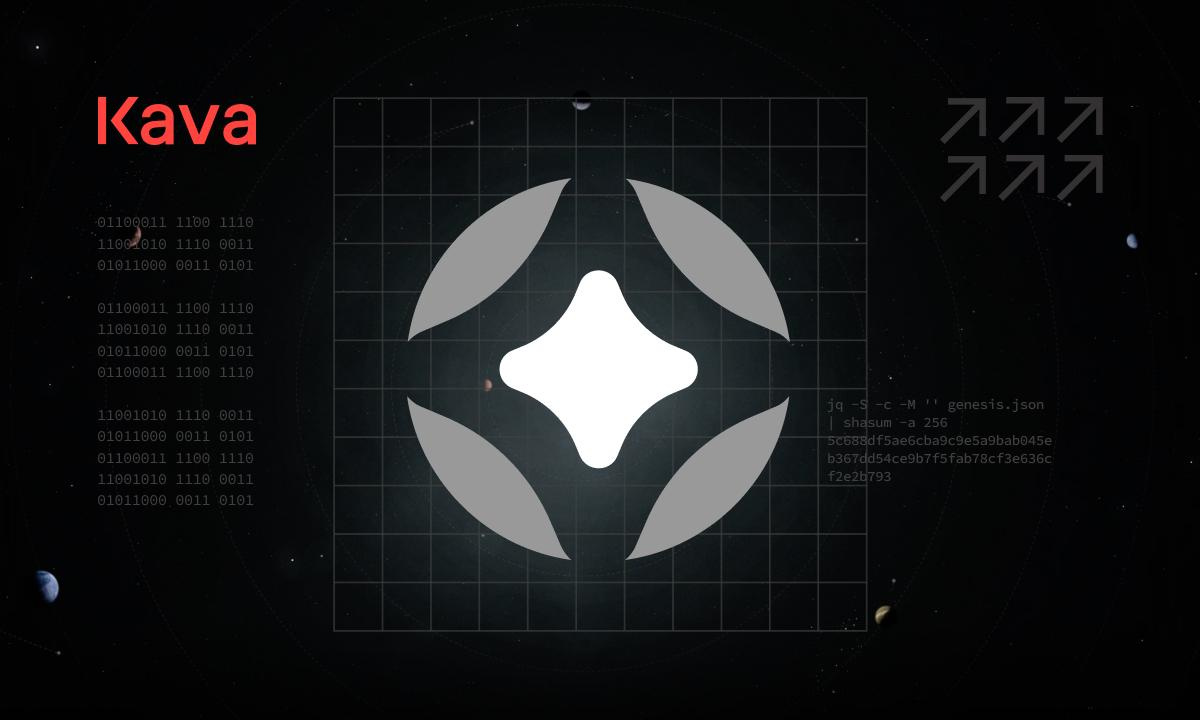In a significant development for German cryptocurrency enthusiasts, Bitpanda, a leading crypto trading platform, has formed a partnership with Deutsche Bank to facilitate real-time payments for its users.
This alliance allows German traders to efficiently and securely deposit and withdraw funds using International Bank Account Numbers (IBANs) recognized internationally.
Streamlined Transfers Between Traditional and Crypto Assets
The partnership taps into Deutsche Bank’s advanced API-based account management system, providing Bitpanda with a streamlined framework for the swift transfer of funds between traditional and cryptocurrency assets. This system ensures that all transactions are processed instantaneously, enhancing the overall user experience.
This initiative is part of a growing trend where traditional financial institutions are collaborating with firms in the cryptocurrency sector. Lukas Enzersdorfer-Konrad, Deputy CEO of Bitpanda, expressed that such collaborations are crucial in bringing cryptocurrencies into the mainstream, as they leverage the trust and regulatory frameworks associated with established banks.
Bitpanda itself is not new to such partnerships, having previously joined forces with notable banking institutions such as Raiffeisen Bank International, LBBW, and N26 to promote wider crypto adoption.
Enzersdorfer-Konrad stressed the significance of trust and regulatory adherence, noting that these are essential for fostering successful partnerships in the finance industry. According to him, the company’s longstanding commitment to compliance and security has been fundamental in forging robust relationships with banking giants.

More Than Just IBANs: A Holistic Partnership
Moreover, the partnership with Deutsche Bank encompasses more than just the facilitation of IBANs. It also includes the provision of safeguarding accounts and solutions aimed at optimizing Bitpanda’s internal operations, which are anticipated to boost liquidity within the company’s primary markets.
Enzersdorfer-Konrad also highlighted the benefits such partnerships deliver to the end-users, citing enhanced service capabilities that banks can now offer their customers through collaborations with seasoned crypto platforms like Bitpanda. He pointed out that the company’s proven track record in the industry positions it as a desirable partner for institutions like Deutsche Bank looking to expand their services into the crypto space.
The regulatory environment, particularly with the introduction of the Markets in Crypto-Assets Regulation (MiCA) framework in May 2023, has also significantly influenced these collaborative ventures. MiCA has provided a clear legal structure for the cryptocurrency industry in Europe, focusing on increased transparency and stringent Anti-Money Laundering (AML) measures, thereby enhancing investor protection.
Clarity Breeds Confidence: Banks Embrace Crypto with Support
The clarity provided by MiCA has bolstered the confidence of European banks in venturing into cryptocurrency services. However, many of these traditional institutions lack the necessary technical infrastructure and expertise to independently develop robust crypto services. Bitpanda fills this gap by offering the needed technical solutions and infrastructure that banks require to navigate the crypto landscape effectively.
Enzersdorfer-Konrad addressed this aspect, pointing out the sudden realization among banks of their internal limitations in technical knowledge and the urgent need to adopt market-ready solutions.
Ultimately, the collaboration between Bitpanda and Deutsche Bank is emblematic of a mutually beneficial relationship. It not only expands Bitpanda’s reach among German users but also equips Deutsche Bank with the necessary tools to provide its customers with secure and efficient access to the cryptocurrency market. The MiCA regulations are set to come into full effect towards the end of 2024.
This implementation will mark a significant milestone in regulatory oversight, expected to stabilize the crypto market and protect the interests of all stakeholders involved. As regulatory frameworks like MiCA pave the way, such partnerships are set to exemplify the potential for synergy between traditional financial institutions and the burgeoning crypto industry, leading to broader mainstream adoption of cryptocurrencies.
- Crypto Price Update July 24: BTC Maintains $66K, ETH at $3.4K, XRP, TON, and ADA Rallies
- Bitcoin Falls to $65K as Mt. Gox Transfers $2.8 Billion BTC to External Wallet
- News of Marathon Digital’s $138 Million Fine for Breach of Non-Disclosure Agreement Triggers a Bearish 2.5% of Its MARA Stock
- Are $530M Bitcoin ETF Inflows a Blessing or Caution?
- Metaplanet Teams with Hoseki for Real-Time Bitcoin Holdings Verification
- Building Secure Blockchain Systems: An Exclusive Interview with ARPA and Bella Protocol CEO Felix Xu
- Building The “De-Facto Crypto Trading Terminal”: An Exclusive Interview with Aurox CEO Giorgi Khazaradze
- Building a New Global Financial System: An Exclusive Interview With Tyler Wallace, Analytics Head at TrustToken
- “Solana is the Promised Land for Blockchain” — An Exclusive Interview with Solend Founder Rooter
- El Salvador: Where The Bitcoin Revolution Begins With A Legal Tender

 Why Trust Us
Why Trust Us







